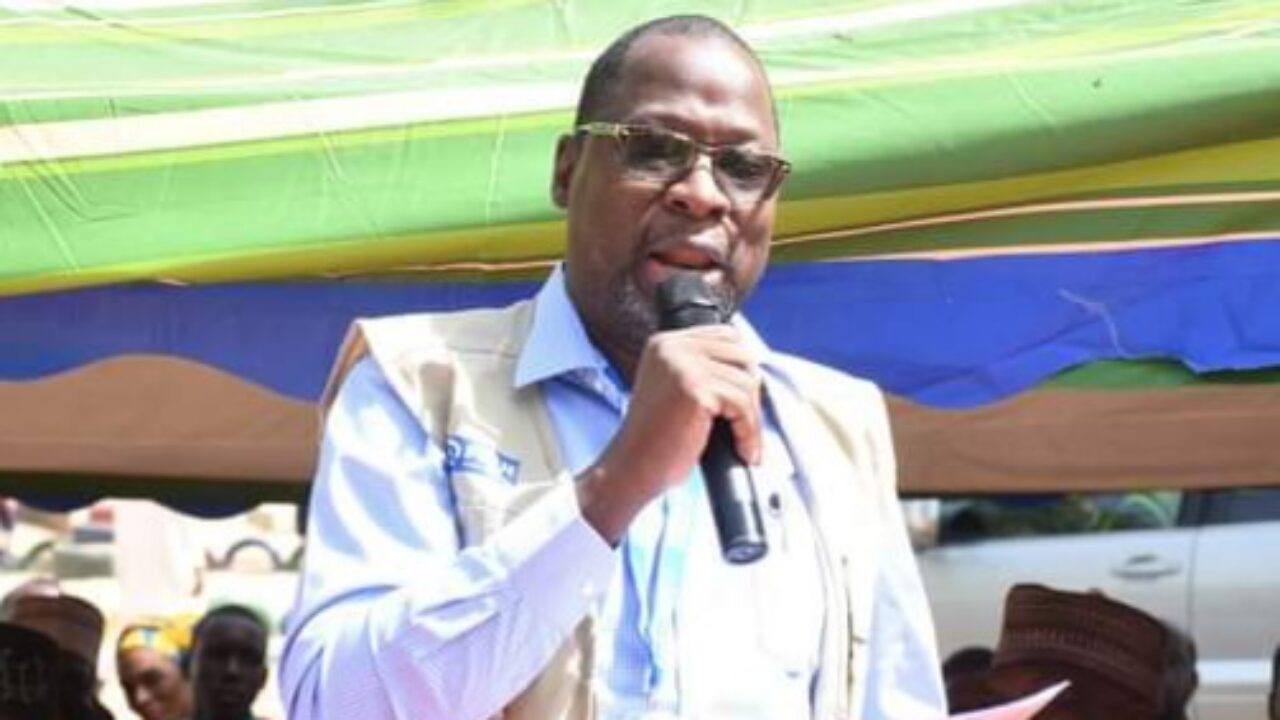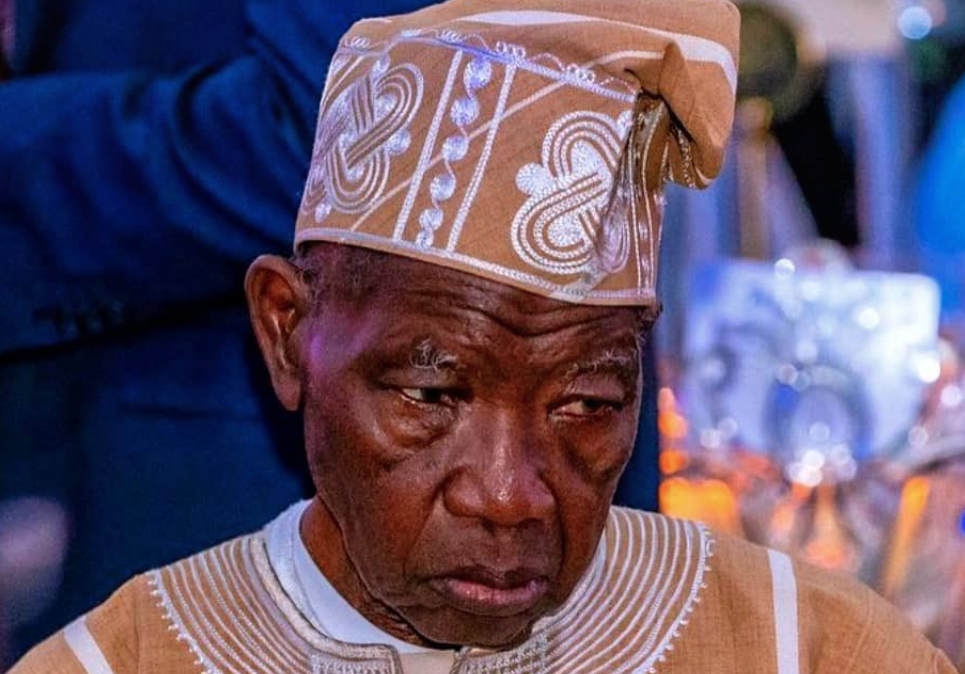Plan International, a non-governmental organisation focused on children’s rights, says as part of its humanitarian services, it has ensured that children affected by the conflict in north-east have access to education.
Hussaini Abdu, the pioneer country director of the group who is stepping down at the end of February, stated this on Thursday in Abuja.
According to him, the group has made significant progress in advancing children’s rights in the past five years under his leadership by ensuring that about one million people experience improved health due to enhanced access to safe water, improved hygiene and sanitation services.
“Plan works at different times in different parts of the country. We were designed as an organisation to work in two areas: one is development, and other is humanitarian,” he said.
Advertisement
“We started largely as a development organisation and focusing on strengthening system, building capacity, and providing interventions that we developed for different, poor and excluded communities, we had different kinds of programmes in Cross River, Lagos, Sokoto, Bauchi with most of them focusing on adolescent girls and some focusing on maternal and child health.
“The ones in Sokoto and Bauchi were quite significant and because of the resources available for them funded by the Canadian government, it ran for about five years. These two projects were our major definer. They defined us and they shaped us and defined our character in the states, particularly Sokoto and Bauchi.
“Since November 2016, we have also been involved in humanitarian response in the north-east of the country. Like you all know, the north-east is in its eleventh year of a very devastating and violent conflict with strong implication for displacement.
Advertisement
“Over 17 million have been displaced in that crisis — we call it a protracted crisis — it hasn’t ended and there are other humanitarian organisations out there doing excellent work, of which Plan is just one of them. There are close to 50 humanitarian groups in different parts of the north-east in the country, and whatever plan has been able to do in these locations, is just as modest as just what any other person could do.
“The challenges are enormous; the demands are huge, and the resources are limited. But in the north-east, we are one of the key players on education — particularly what we call education in emergency — leading a couple of both international and local organisations in ensuring that children affected by the conflict still have access to education.”






